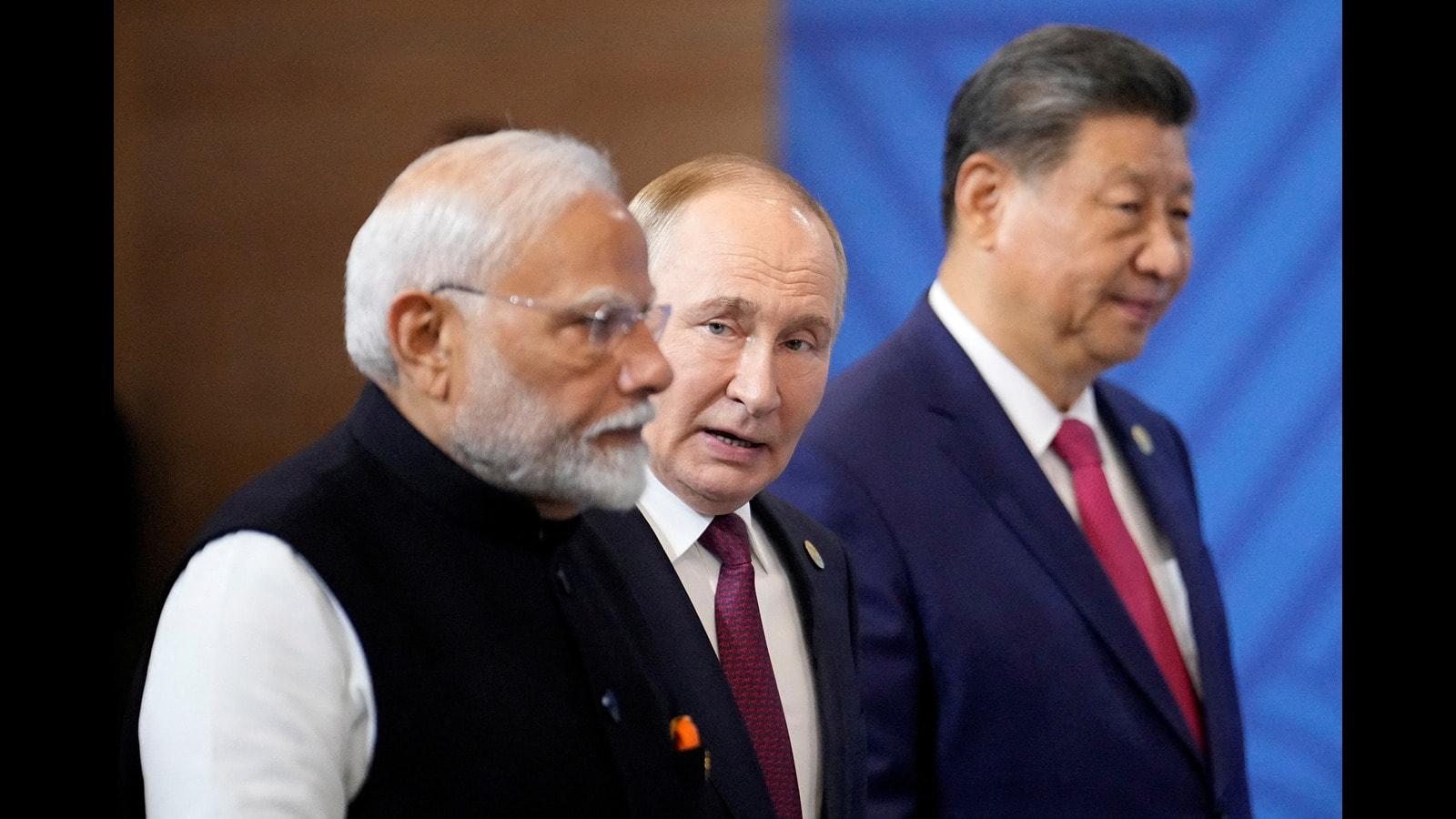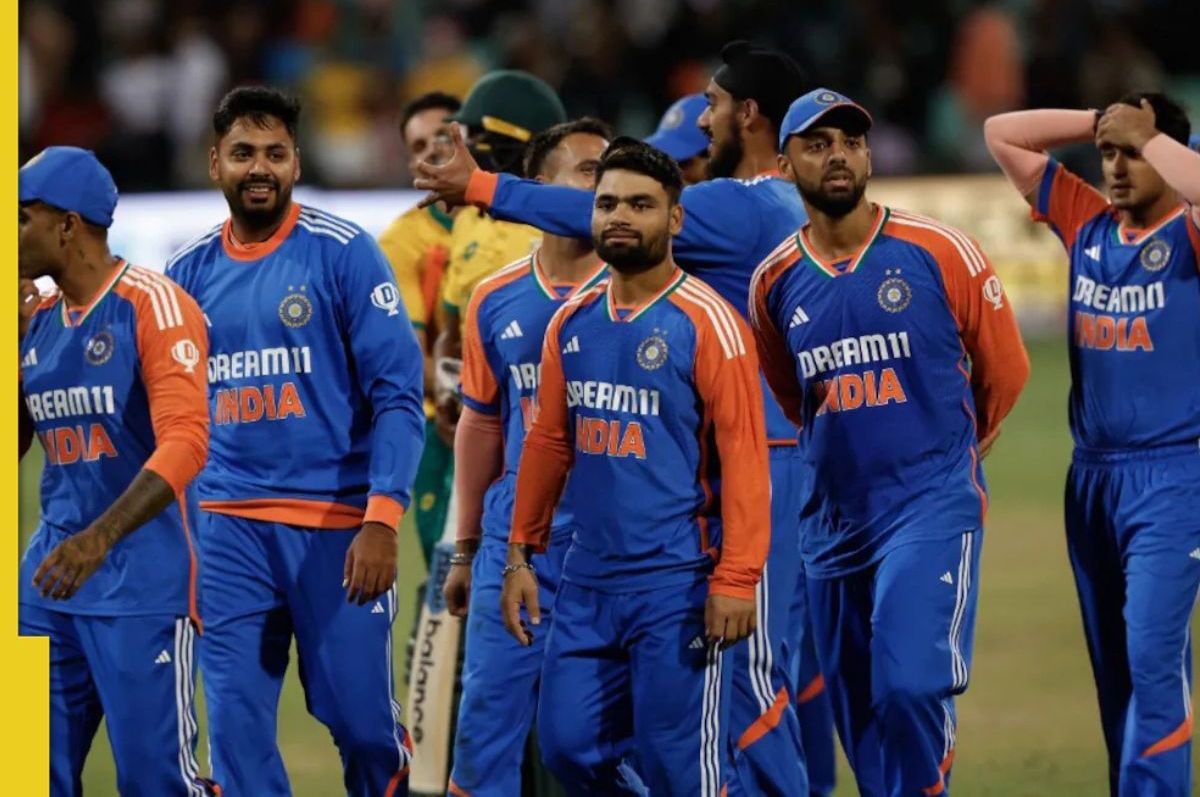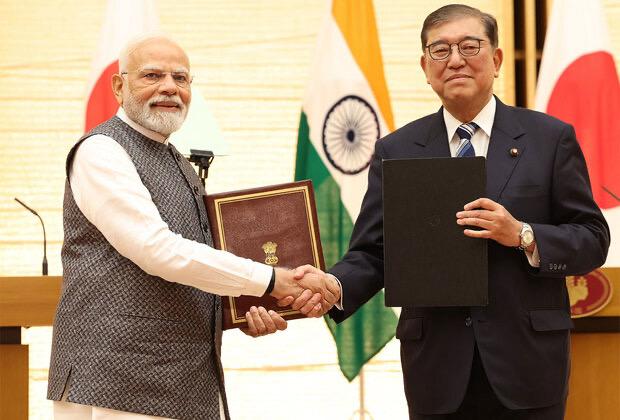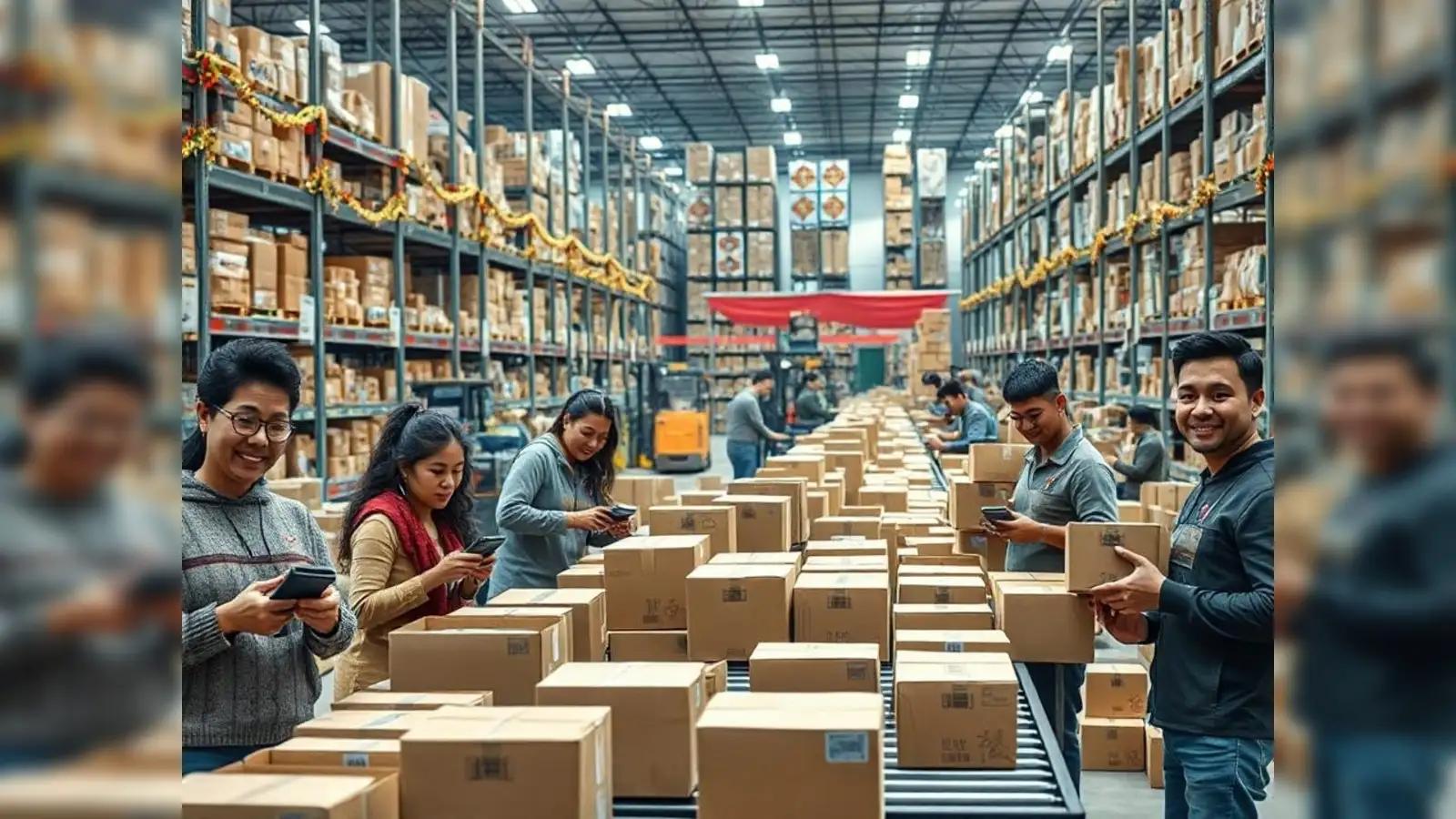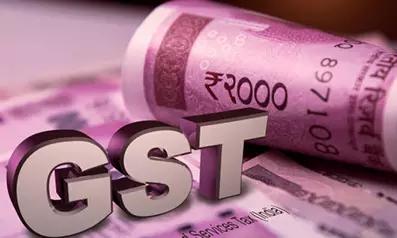
Follow WOWNEWS 24x7 on:
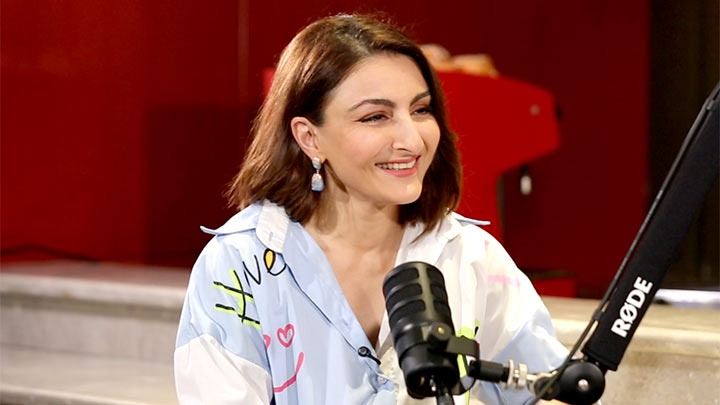
In a moment of raw honesty and cultural relevance, Bollywood actor and author Soha Ali Khan has ignited a nationwide conversation on fertility, age, and reproductive choices. On the second episode of her newly launched podcast, All About Her, Soha shared a deeply personal experience: when she approached a gynecologist at age 35 to freeze her eggs, she was told she was “already very old.” The doctor added a line that stuck with her for years—“Your ovaries can’t see your face.”
This candid revelation, delivered in a conversation with actor Sunny Leone and fertility expert Dr. Kiran Coehlo, has resonated widely, shedding light on the emotional and societal complexities surrounding fertility decisions for women in their 30s and beyond2.
A Podcast That Dares to Go There
Soha’s podcast, All About Her, is designed to explore the multifaceted experiences of womanhood—from motherhood and career to body image and reproductive health. In this episode, she dives into her own fertility journey, confronting the stigma and misinformation that often surround egg freezing and reproductive planning.
“I was 35 when I went to a gynecologist and said I wanted to freeze my eggs,” Soha recalled. “She told me I was already very old. Everyone else said I was so young, but she added, ‘Your ovaries can’t see your face.’ That stayed with me for a very long time”2.
The statement, while medically grounded, underscores a harsh reality: biological age doesn’t always align with societal perceptions of youth. Soha’s experience reflects the tension many women face—being told they’re “too young” to worry about fertility, only to later discover that their biological clock has its own timeline.
Fertility Facts vs. Cultural Myths
Dr. Kiran Coehlo, who joined the podcast, provided a scientific lens to the discussion. She explained that fertility is influenced by several measurable factors, including Anti-Müllerian Hormone (AMH) levels and antral follicle count, both of which help predict a woman’s reproductive potential over time.
“The ideal age for egg freezing is between 28 and 34,” Dr. Coehlo noted. “Beyond that, the quality and quantity of eggs begin to decline, although every woman’s body is different”3.
This insight is critical in a culture where conversations around fertility are often delayed or avoided altogether. Soha’s openness is helping normalize these discussions, encouraging women to seek information and make informed choices earlier in life.
Sunny Leone’s Surrogacy Journey
Adding another layer to the episode, Sunny Leone shared her own experience with surrogacy. She revealed that she and her husband, Daniel Weber, chose surrogacy as their path to parenthood and “paid so much money” to their surrogate, who was able to buy a house and have a large wedding thanks to the compensation.
Sunny’s story highlights the financial, emotional, and ethical dimensions of surrogacy—a topic that remains under-discussed in mainstream media. Her transparency complements Soha’s narrative, offering listeners a broader understanding of the diverse paths to parenthood.
Soha’s Journey Beyond the Mic
Soha Ali Khan, married to actor Kunal Kemmu since 2015, became a mother in 2017 at the age of 39. Her daughter, Inaaya Naumi Khemu, is now 7 years old. Soha’s decision to speak publicly about her fertility journey is not just a personal milestone—it’s a cultural moment.
In a society where women are often judged for their reproductive choices, Soha’s podcast is a breath of fresh air. It challenges outdated norms, empowers women to take control of their health, and fosters empathy across generations.
Why This Matters
The episode has sparked widespread engagement on social media, with hashtags like #YourOvariesCantSeeYourFace trending across platforms. Health professionals, influencers, and everyday listeners are applauding Soha for her vulnerability and advocacy.
As India continues to grapple with evolving norms around marriage, motherhood, and career, conversations like these are essential. They remind us that reproductive health is not just a medical issue—it’s a social, emotional, and deeply personal one.
Sources: NDTV, News18, Hindustan Times
